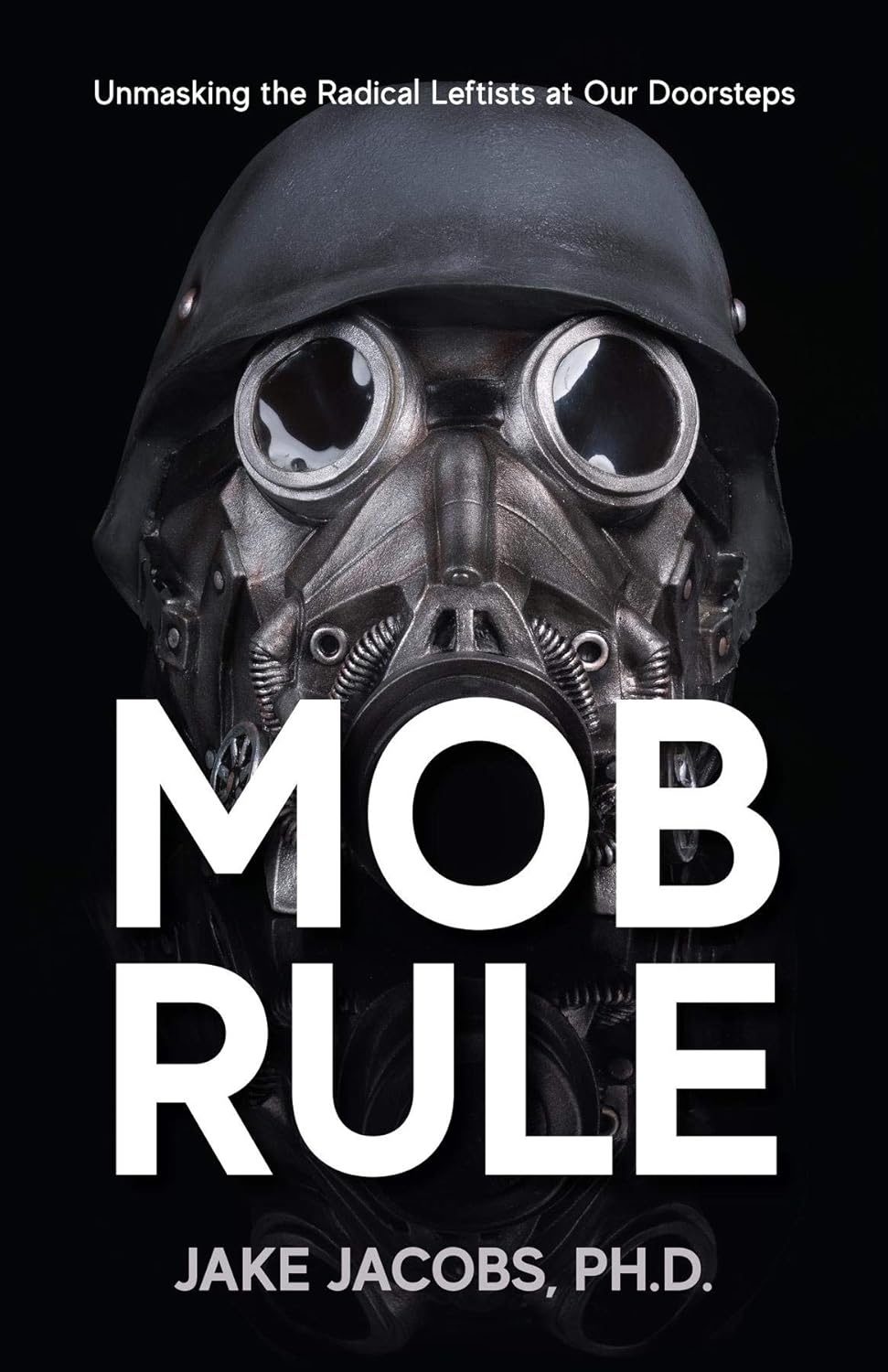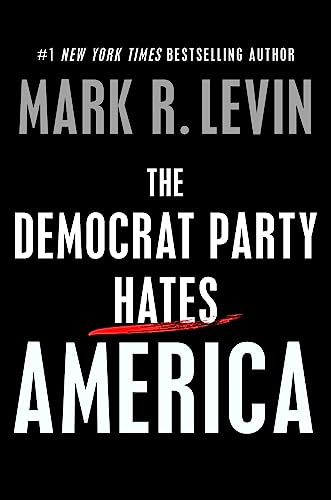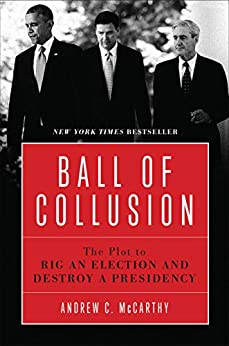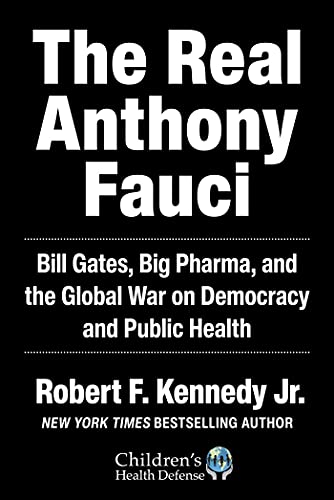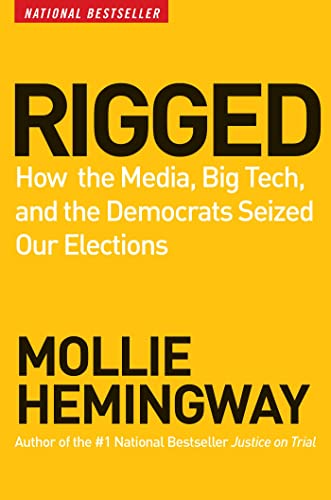|
I am so tired of reading about career criminals like Ignacio Canela (Union-Tribune:‘Felon Arrested’ Saturday Oct 26) with long criminal histories that somehow keep getting released to wreck havoc on citizens and our police!
The story says since 2004 Canela has been in and out of prison on multiple felony weapons, drug, false imprisonment, assault and burglary charges. What was he doing out of jail? “He finished all the terms the judge gave him,” said Luis Patino, a California Department of Corrections and Rehabilitation spokesman. That may be true, but can someone please explain ‘sentencing’ versus real time served what that really means? With all of the allowances for time served, sentence credits for ‘good behavior,’ and the pressure on California prison officials to reduce populations, what percentage of his various sentences did this guy really serve? I beg the UT Watchdog to do a report on this issue, because I am betting California citizens would be shocked at the turnstile justice system our state operates and how sentencing guidelines and actual time served aren’t even close. “I’d Rather Not Know”
When an overweight salon worker was informed that her preferred bean and cheese burrito lunch meal was nearly 1700 calories, she looked puzzled, exhaled a puff from her cigarette and said, “I’d rather not know.” Sounds a little disengaged wouldn’t you say? I thought what a perfect example of what our country is doing right now. As we argue about who’s to blame for shutting down the government, and ignoring the fact that we are way overweight with debt, most people are saying ‘I’d rather not know.’ The amount of money our generation has recklessly spent above and beyond our means; the debt load we have handed our children and their children is criminal! But the national conversation is not about that, it continues to frame the issue that if we don’t increase our debt limit (a legally binding device to save us from ourselves), we will be starving children, elderly won’t get their medicine, and schools and the military will have to be put out to pasture. So, most politicians would have you believe, the best way to avoid that is to print more money, sell more bonds to whoever is still willing to take the risk of default (the Chinese have told us they won’t keep buying our debt, since they already own more than 80% of it). By putting huge amounts of that ‘new’ money into our economy through government stimulus, we will magically reinvent our manufacturing, energy and engineering industries, and our President’s health care program will bring the American economy back. This generation of politician’s solution is to buy our way out of bankruptcy using the next generations credit card. Instead of facing the music and making the difficult but necessary cuts in federal spending, all we hear is talk about ‘low information’ voters blaming the wrong party for the government’s inability to control itself. But isn’t the problem really ‘wrong information’ voters? Voters who would “rather not know” the truth, or could care less if the next generation is stuck with a national debt collar around their neck they will never be able to repay? Voters who are too complacent and would rather enjoy their 1700 calorie lunch than chose a low calorie salad? All that Tea Party talk about cutting government spending is just hateful policy speak coming from disenfranchised old white men from the past. They don’t really mean what they say, Liberals tell us. They just want to keep all the wealth for themselves. And those talking points are what the mainstream media keep telling people, over and over. People like me….and you. We have to listen to that crap, and because we do care, it makes us crazy! Conservatives watch O’Reilly and Hannity and we read, attend townhall meetings, fundraise and write letters to the editor. Progressives watch Jon Stewart and Bill Maher to get the ‘news’ delivered by standup comics. Some people would rather not know…. What is old? If you look at the obituaries, half of those recently deceased are under 70.
If you look at that group, a third of those are under 60. So, what if you could ask those dead people, prior to their death, if they had thought they were ‘old’ ? I bet most would have said, “age is a state of mind.” My point is, since most of us don’t know when the end of life will come, how can we define ‘old.’? A bottle of wine ages, trees grow rings, the lifespan of a bee is only a few days. (By the way, where do all those dead bee bodies go?) Humans beings lifespan ranges wildly over a hundred years or so. If you knew your lifespan was going to be 40 years, at what point would you consider yourself old? When would your daily decision making process be affected? For example, if you loved adventure skiing, jumping off the cornice at Mammoth, let’s say at age 30….Knowing you had only a decade to go, at what point would you shy away from such risky behaviour, reasoning that it may not be wise to risk missing the final quarter of your life? If age really is a state of mind, then how does your mind assign priorities ? When you are assigned a project at work, isn’t one of the first things you do is layout a timeline, so you can finish the work on time? Isn’t that what they call a ‘deadline?’ I’m just wondering… Around the Next Corner of History
I have just completed a five day tour of Washington DC, doing all of the expected tourist things, visiting the Smithsonian’s, the Monuments, and sitting in on a House Session at the Capital. I was struck by how much detail and attention to excellence there is in the architecture of almost all of the historical buildings in the District of Columbia. There is not a square inch of concrete (and there is a lot of concrete) that doesn’t reflect historical significance, a thorough knowledge of history, and a reverence for God. I noted a stark contrast: From the 17th Century, the late 18th Century and the early 19th Century, it was important to Americans that they build things with the future in mind. They had an instinct that whatever they did would matter to those who came after them. They didn’t want to be remembered as shallow or self important, though, in retrospect, many of them turned out to be incredibly important. The governing were concerned that the governed would always respect and admire the history of our country and those who shaped its unique place in the World. There existed a strong sense of responsibility to preserve and to protect the Genesis of what Freedom, Liberty, and how America is a unique and exceptional experiment that has never been duplicated anywhere on the Planet Earth. In modern America, we seem preoccupied by Pop Culture; what is important today, if only for a fleeting moment in history. Modern architecture reflects our narrow current interests, seldom paying any attention to history or what future generations will be concerned with, other than the preservation of the environment, as it exists today. I wondered, when did this wholesale paradigm shift occur? When did the collective psyche turn so inward and why has it been embraced, not just in America, but around the world? When was the last monument to Freedom built? Even though modern buildings cost astronomical amounts of money, will future generations be as mesmerized by their exquisite design, referential detail and amazing human sacrifice as I was by the Capital Building, the Washington Monument, or the Jefferson Memorial? Maybe our national narcissism reflects the expansion of electronic media, the fact that everyone knows everyone’s business almost in real time. Prior to the advent of television, and of course more recently personal computers, people living before the second half of the 19th Century lived in a time-lapse world where information was transferred over days, months, or even years. Today’s light speed digital media demands a focus on now, more than ever. Since we are all constantly bombarded with information, it is hard to spend much time concerning yourself with things around the next corner of history. Here's a suggestion for breaking the Washington Impasse.
Speaker Buehner, just say to President Obama, we Republicans in the House will drop our funding issue with the Affordable Care Act on two simple conditions: You must commit to open negotiations with Congress and the House of Representative regarding the budget and the debt limit immediately, and you must agree to drop all exemptions to the Affordable Care Act. If Obamacare is good enough for the working class citizens of this great country, then it must apply to all citizens with no exceptions. The reaction to that challenge would be interesting and though I doubt Obama would agree to it, the very nature of the challenge would make all voters think twice about why Obama needs to exempt special interests from his keystone health plan. When he tries to suggest that the Republicans are playing politics, Mr. Boehner should simply ask, what could be more political than picking and choosing who will and who will not have to submit to this convoluted and bureaucratic nightmare of his creation? There will be another time and place to confront the program, which if allowed, may well collapse under it's own weight anyway. |
Archives
July 2024
|
 RSS Feed
RSS Feed


